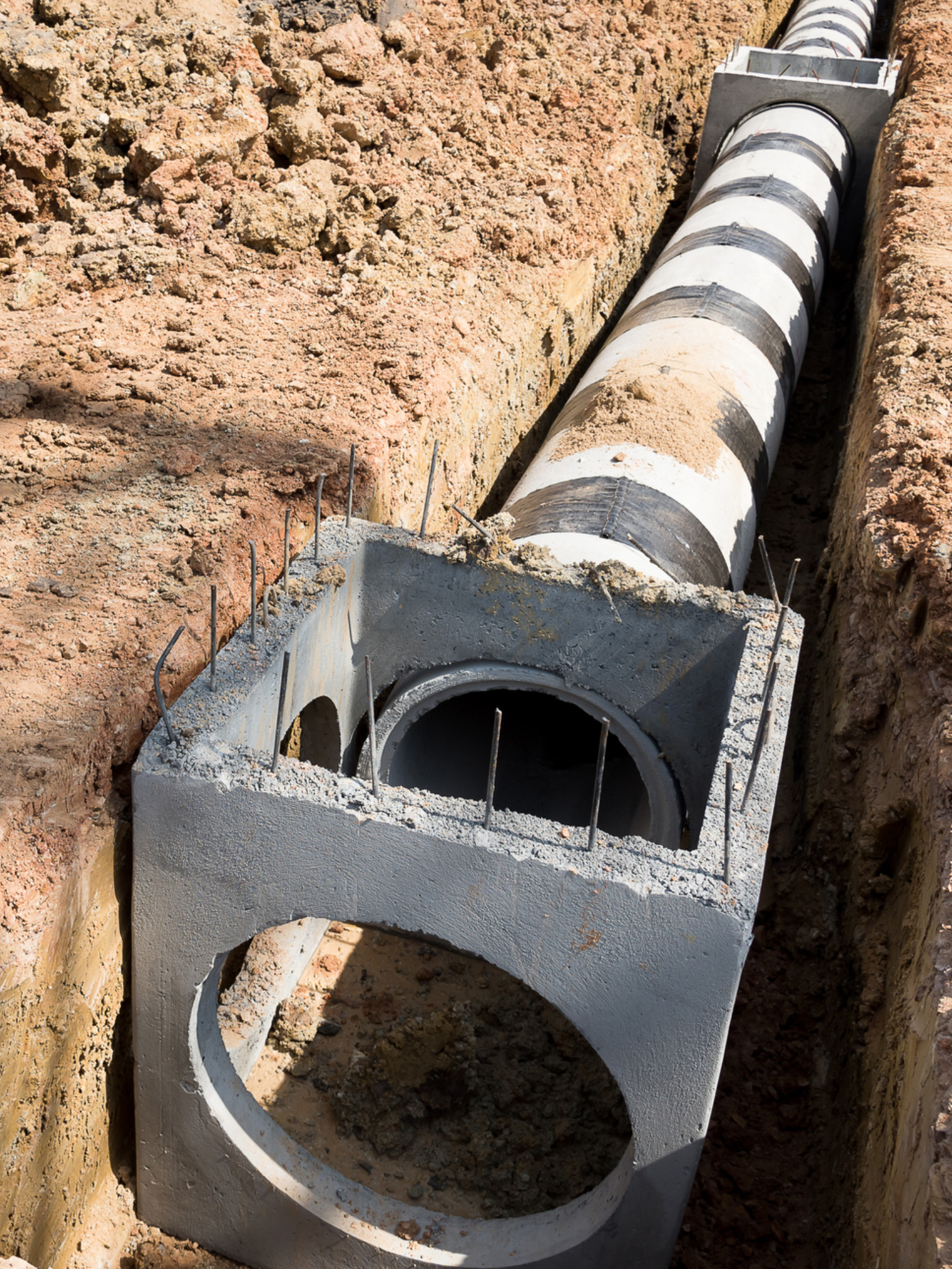Comprehensive Excavation Approaches: Understanding the Basics for Success
In the realm of building and construction and civil engineering, the significance of reliable excavation strategies can not be overstated. The mindful preparation, exact execution, and precise interest to detail called for in excavation jobs require an extensive technique that incorporates various fundamental elements. From initial soil analysis to the implementation of precaution and normal progression monitoring, understanding these core components is necessary for achieving success in any type of excavation venture. Nevertheless, the real proficiency exists not merely in understanding these fundamentals but in flawlessly integrating them to browse the intricacies of excavation jobs with finesse.
Recognizing Excavation Task Planning

The first phase of any excavation job is the preparation stage, where vital choices are made that can significantly affect the result of the task. Understanding the project spending plan, scope, and timeline restrictions is crucial for producing a detailed excavation strategy that makes sure the task's success.
One secret aspect of excavation task planning is the growth of a thorough timeline that details the sequence of tasks, milestones, and due dates. By carefully thinking about all these elements throughout the planning stage, excavation tasks can be performed efficiently and successfully, leading to effective outcomes - dump truck companies in ohio.
Soil Analysis and Site Analysis
Carrying out extensive soil analysis and site examination is a vital action in the preparation stage of any kind of excavation project. Soil evaluation involves identifying the structure, framework, and properties of the soil at the excavation website. This information is important for recognizing the soil's bearing capability, dampness web content, and potential for erosion, which are essential factors in identifying the excavation techniques and devices needed for the job.
Site evaluation goes beyond soil analysis and incorporates a broader assessment of the general site conditions. This examination consists of recognizing any kind of possible dangers, such as below ground utilities, ecological worries, or unsteady terrain, that could impact the excavation process. By thoroughly evaluating the website, project managers can develop reliable excavation approaches that focus on safety and security, performance, and environmental management.
Using sophisticated innovations like ground-penetrating radar, soil tasting, and drone surveys can enhance the accuracy and effectiveness of soil analysis and website examination. Investing time and sources in these initial actions can ultimately save time and avoid costly hold-ups or issues during the excavation process.
Devices Selection and Application
Reliable excavation jobs depend greatly on tactical equipment choice and usage to ensure optimal efficiency and productivity. Picking the ideal equipment for the task is important in making best use of effectiveness and minimizing downtime. Factors such as the sort of dirt, deepness of excavation, and project range play a substantial role in determining the most appropriate equipment for the task handy.
Along with picking the appropriate devices, appropriate use is crucial to job success. Operators has to be educated to take care of the tools securely and successfully - excavating ohio. Routine maintenance checks and timely repair work help stop breakdowns and make certain consistent performance throughout the project
Safety And Security Procedures and Regulations Compliance
In the realm of excavation tasks, prioritizing precaution and compliance with policies is paramount to guaranteeing a protected and legally audio operational environment. Precaution incorporate visit this site a variety of methods, including conducting thorough website analyses, applying appropriate signage and obstacles, and supplying sufficient security training for all personnel entailed in the excavation process. Adherence to regulations, such as OSHA demands in the USA, guarantees that the excavation task satisfies the necessary requirements to protect employees, onlookers, and the surrounding environment.

Monitoring Progress and Adjusting Approaches
Exactly how can predict supervisors successfully track the development of excavation tasks and adapt their methods appropriately to maximize outcomes? Tracking progression is necessary for ensuring that excavation tasks stay on track and satisfy deadlines.

Verdict
Finally, understanding the principles of thorough excavation methods is vital for the success of any task. By recognizing job preparation, evaluating soil and website conditions, picking ideal devices, adhering to safety and security guidelines, and checking development, project supervisors can guarantee a effective and smooth excavation procedure. Applying these methods will certainly cause successful results and minimize potential dangers or troubles during the excavation task.
The initial stage of any type of excavation task is the planning stage, where crucial choices are made that can considerably impact the result of the task. Understanding the task range, budget plan, and timeline restraints is important for developing an extensive excavation strategy check my site that ensures the project's success.
Exactly how can predict supervisors efficiently track the advancement of excavation projects and adapt their methods as necessary to maximize outcomes? By carefully monitoring progress and being prepared to adapt methods, task managers can enhance the overall success of excavation projects.
By understanding job planning, assessing dirt and website problems, picking ideal tools, complying with safety regulations, and monitoring progress, project supervisors can ensure a efficient and smooth excavation process.
Comments on “Excavating Ohio - Leading Excavation Contractors for Ohio Projects”